Not everything in the entire world is going to hell in a half-track. A few days ago, I tasted some South African wines. Although there are many reasons for a gloomy appraisal of South Africa’s prospects, wine is not among them. The industry is benefitting from new investment, encouraged by easier export markets made possible by political change.
Even under the previous dispensation, there were excellent vine-yards in the Cape, the product of a fruitful racial compact. When the Huguenot refugees arrived at Table Bay, they brought their oenophile lore and rapidly assimilated with the Dutch settlers who were already establishing themselves. The name Franschhoek survives, as do many French surnames, although the language largely disappeared. If only it had been as easy to bridge other South African divisions.
It helped that the 18th-century Cape was fertile and peaceful. Pauline Smith’s largely forgotten novel The Beadle evokes an almost pre-lapsarian way of life, with the generosity of nature allowing the locals a serene exemption from conflict and history.
That could only be temporary. But it enabled a wine industry to emerge, though latterly there was an interchange with politics, if only as a means of stimulating discussion.
The beautiful university town of Stellenbosch lies in the vinous heartland. I remember many evenings and many bottles in Stellenbosch gardens as we tried to foresee the route of change. Everyone agreed that it should be radical. The black population must have a full ration of human dignity, immediately. They must also have full rights in local government, immediately, and there should be as large a programme of educational uplift as the country could afford.
State power? Silence. My friends were in no way racialists. But they did not want to see what their forebears had built – and their children’s futures – swept away in a second Belgian Congo, which would be in no one’s interests, black South Africans included. So they were in the market for change without chaos. I drew an analogy with the UK in the mid-1860s, when there seemed to be an enthusiasm for fancy franchises that would widen the vote while stopping well short of full democracy. That all came to nothing. Did Benjamin Disraeli ever believe any of it or, like his leader, Lord Derby, was he happy to shrug his shoulders and acquiesce in what Derby famously described as ‘a leap in the dark’?
We shall never know, but for what it is worth, I think that Disraeli benefitted from an outsider’s perceptiveness. Although he could never have admitted it, lest his appalled supporters drive him from power, he probably realised that within a few decades, democracy would be inevitable.
Considered as human beings, there were few similarities between Disraeli and F.W. de Klerk. Yet the South African statesman also foresaw a future which was highly unwelcome to a lot of his own Afrikaner tribe. He realised that there could be no compromise between white rule and democracy. Not that he would ever have used Derby’s phrase, but he knew that South Africa too had to modernise.
Even his predecessor, P.W. Botha, very much a survivor of an earlier generation, recognised that the old order was ending. In what came to be known as the ‘Rubicon speech’ – after Julius Caesar’s crossing of the River Rubicon, in an irrevocable challenge to the Senate’s authority – P.W. too moved reluctantly towards a new dispensation.
This stimulated an outstanding winemaker. Nico Myburgh, whose family had made wine at Meerlust since the 1750s, produced ‘Rubicon’, its grapes blended in very much the proportions a major Bordeaux would deploy. It is one of the three finest South African reds that I have ever tasted.
The other evening, we enjoyed the 2004 and the 1992. Rubicon is a long-lived wine and both bottles still had plenty of fruit. The ’92 is moving towards drink-it-up time but there is no dramatic urgency.
We also drank a couple of bottles of Kanonkop, part of the paradox of Afrikaner South Africa. For many years, its presiding genius was Paul Sauer. He was an excellent vigneron who also served as a government minister and helped to modernise South Africa’s infrastructure. By most accounts, he was able, interesting and likeable. But he was also one of the intellectual progenitors of apartheid. This was based on his conviction that the races could not live together and should instead live in a state of ‘separate development’. He did not believe it was a cloak for continued oppression.
Sauer’s apartheid was absurd. But he made first-class wines, some of which are now named after him. The 1994 was up there with the Rubicon. A bottle of 2020 had been opened. I did not want to say much, beyond recommending that it be put to one side to drink at lunch the next day. It was immense – immensely promising and immensely unready.
Winemaker as politician makes one think of the Rupert family. Anton Rupert was one of the most interesting men I have ever met. Courtly, charming and erudite, he was an extremely successful liberal-minded businessman with a range of cultural interests. Whenever there was anything hopeful going on in South Africa, he would be assisting. Indeed, it might turn out that it had been his idea all along. If he had not been a white South African, he would have been much better-known abroad and much more highly honoured.
His son Johann is now the family patriarch, and winemaking is part of the empire. Appropriately, its finest red is named Optima. We did not drink any the other evening, but I remember it as being indeed optimal.
A taste-off with Rubicon and Paul Sauer would be instructive. If only the South African winemakers’ successes could be more widely replicated in the rest of that potentially wonderful country.
The post South Africa and a toast to democracy appeared first on The Spectator.
Got something to add? Join the discussion and comment below.
Get 10 issues for just $10
Subscribe to The Spectator Australia today for the next 10 magazine issues, plus full online access, for just $10.
You might disagree with half of it, but you’ll enjoy reading all of it. Try your first month for free, then just $2 a week for the remainder of your first year.


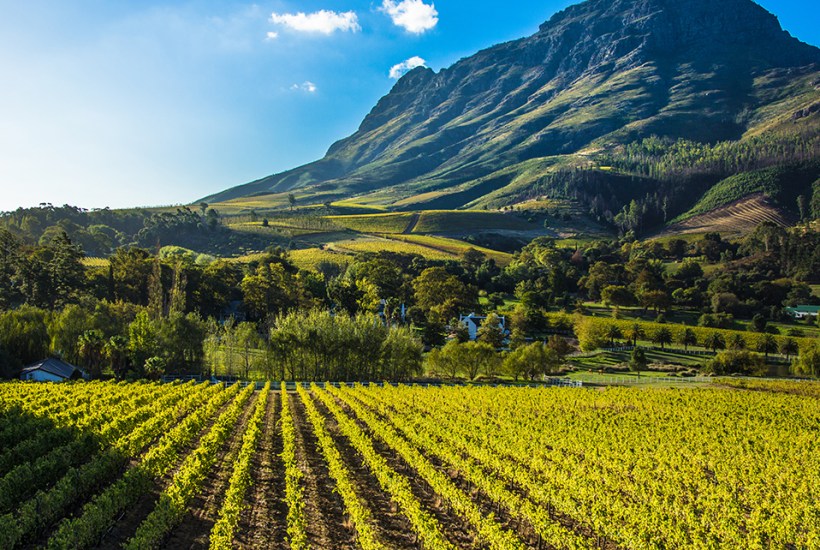
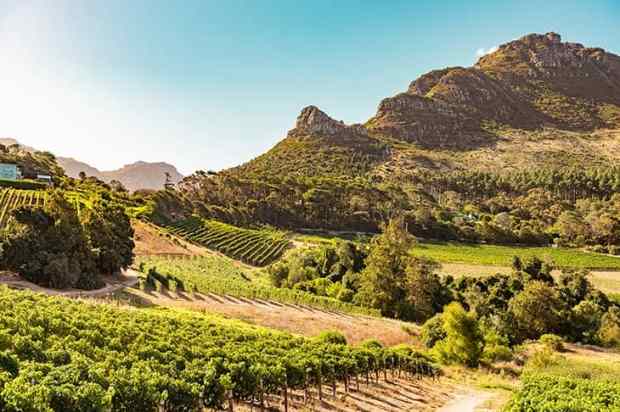
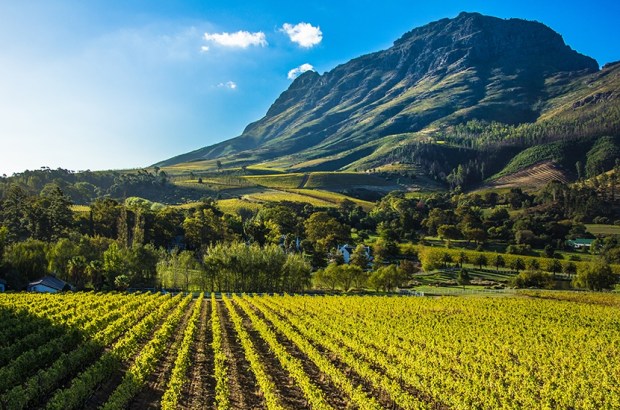
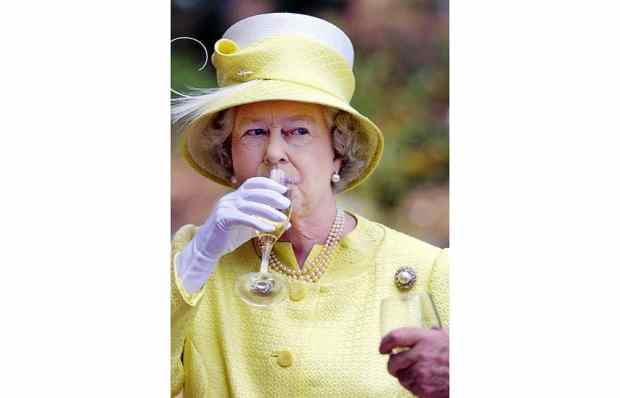

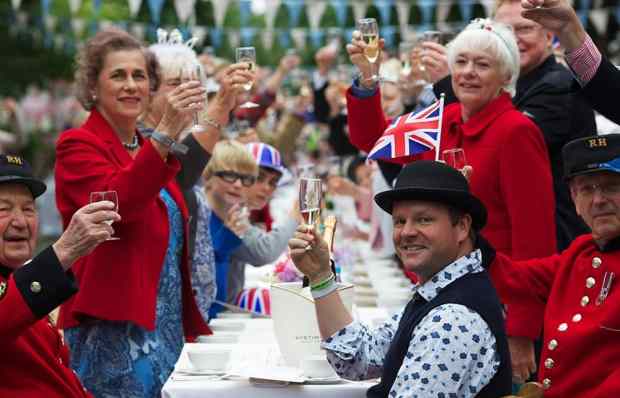
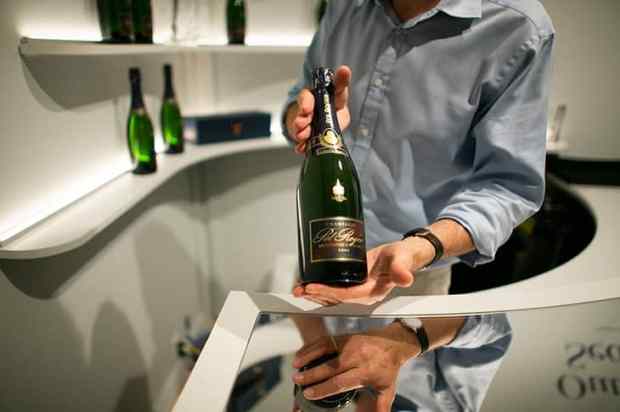






Comments
Don't miss out
Join the conversation with other Spectator Australia readers. Subscribe to leave a comment.
SUBSCRIBEAlready a subscriber? Log in